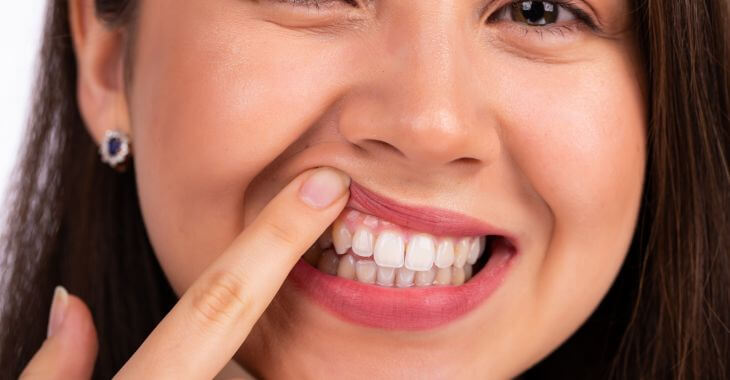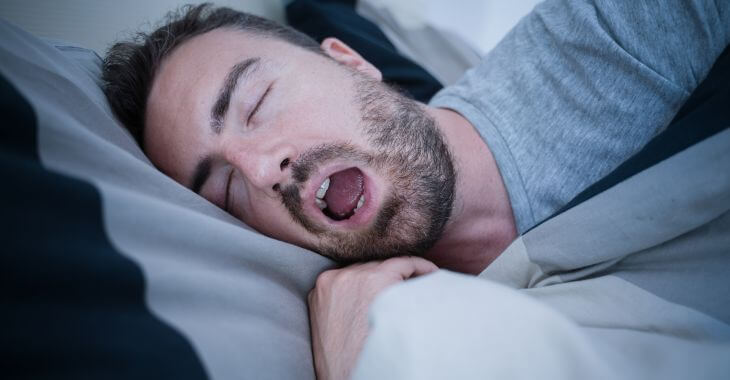7 Tips To Keep Your Smile Healthy

There is no substitute for a healthy smile! Our smiles have a language of their own, and proper care and appearance has never mattered more than it does in today’s world. With the access to dental health data available today, we can now incorporate ways to take care of our smiles right at home, whilst receiving customized care at the dentist’s office through fillings, implants, prostheses etc.
More often than not, teeth, gums, and tongues are ignored and not properly taken care of, due to a lack of awareness and implementation of dentist advice. This is why it’s imperative for everyone to be not only well-informed about good oral hygiene habits, but also educated on how to take care of their dental health on a daily basis.
If you feel any sort of pain or discomfort in the region of your mouth, you may need to consider visiting a local dentist specializing in emergency procedures to avoid any potentially serious consequences.
Taking care of your smile can sound intimidating and daunting, which is why – with the help of experts and professionals – we have come up with a list of 7 simple ways to keep your smile healthy, while also debunking some common mistakes; keep reading to learn more.
- 1. Your Toothbrush Matters
- Thousands of different types of toothbrushes are in the market, each one claiming to be better than the others – but according to dental professionals, the only toothbrush that matters is the one you use correctly and has soft bristles. Brushing your teeth in any motion dedicated to each tooth, while being careful to brush away from the gums and avoid damaging them, is the best way to clean your teeth – and also save your gums from trauma. Toothbrushes are a playground for bacteria, especially when exposed and old, so it is advised to replace them every three to four months.
- 2. Ditch the Toothpick
- Toothpicks that may have once been considered harmless, and can be a habit difficult to break, are addictive and not recommended to clean gaps between teeth. According to dentists,a persistent use of toothpicks can cause gum trauma, wider gaps, and they are not as efficient as a cleaning tool. They can also damage dental work such as veneers, crowns, and bridges already in place. To clear spaces between teeth, dental floss is the superior choice, and should be used once a day before brushing for best cleaning results.
- 3. Cleaning Your Tongue
- The tongue harbors a wide variety of bacteria and can be the main cause of bad breath. Tongue scrapers are more effective than toothbrushes to clear the tongue surface, and have been shown to reduce bad breath by reducing sulfur compounds responsible for the bad odor. Studies showed that tongue scrapers were able to remove 75% of the volatile sulfur compound, whilst toothbrushes managed to remove up to 45%. Whether using a toothbrush or a tongue scraper, cleaning the tongue should be considered a part of good oral hygiene.
- 4. Staining Your Smile
- Food, drink and habits such as smoking all stain teeth, some more than others. Coffee, tea, red wine, cigarettes, and even berries such as blueberries, leave their color effect on the teeth. For that reason, it is advised to brush, or at least rinse with water afterwards, to reduce the staining effect. Eating coarse, low-sugar foods, such as carrots, apples and celery, promote saliva production – which increases the buffering effect of saliva and can brighten your teeth.
- 5. From the Stomach to the Mouth
- For some people with gastrointestinal problems and digestive issues, acids from the stomach reaching the mouth are an issue. These stomach acids, being highly acidic, can cause teeth erosion and also contribute to halitosis – i.e bad breath. Such patients need to consult their medical practitioners to help manage their GIT conditions. thus helping their teeth.
- 6. Diet Plays Its Role
- We’ve heard it before, but the relationship between diet and dental health is so crucial that it cannot be stressed enough. Processed foods, sugars, soft drinks and beverages, consumption of alcohol, and not enough healthy food and drinks in the daily diet, lead to caries and a higher incidence of irreversible tooth damage. Gum disease is caused by plaque, calculus, smoking, and medical conditions that are not being managed appropriately. Teeth can give telling signs of a person’s diet, affecting everything from the gums and teeth to the oral mucosa and lips. To be healthy, one needs to eat healthy; good nutrition will result in better general and dental health.
- 7. Regular Check-ups
- Early intervention and treatment is ideal for all dental issues that may be present or are likely to manifest in an individual. For this reason, regular check-ups and appointments are strongly recommended by dental health professionals. Routine check-ups are a form of prevention, and result in an overall good and improved dental health. xperts advise scheduling check-ups every 6 months ideally.

A Healthy Smile is a Choice
At the end of the day, a smile is beautiful and healthy when properly taken care of, and given treatment when needed. A few simple adjustments can help avoid dental problems that can be costly, worrying, and even inconvenient. Prevention of these problems is always the most important and effective stance, leading to a proper regimen curated for each individual through awareness and providing information. There is no substitute for regular check-ups, recommended at least bi-annually, and also for the advice and treatment offered by a dental expert or professional for all related concerns and issues. A healthy smile is your own choice!
Author bio:
Dr. Hanaa Nasir is a dental professional who has worked for a well-recognized dental hospital in Pakistan, and is in the process of attaining her further education from Australia. Having graduated with honors, she is currently pursuing her Masters in Oral Surgery.
References:
https://www.insider.com/are-toothpicks-bad-for-teeth-gums
https://www.mouthhealthy.org/en/az-topics/t/toothbrushes
https://www.insider.com/are-toothpicks-bad-for-teeth-gums
https://www.nhs.uk/live-well/healthy-body/dental-check-ups/
The information provided on this website, including text, graphics, images, and other materials, is intended solely for informational purposes and should not be used as a substitute for professional medical advice, diagnosis, or treatment.



)